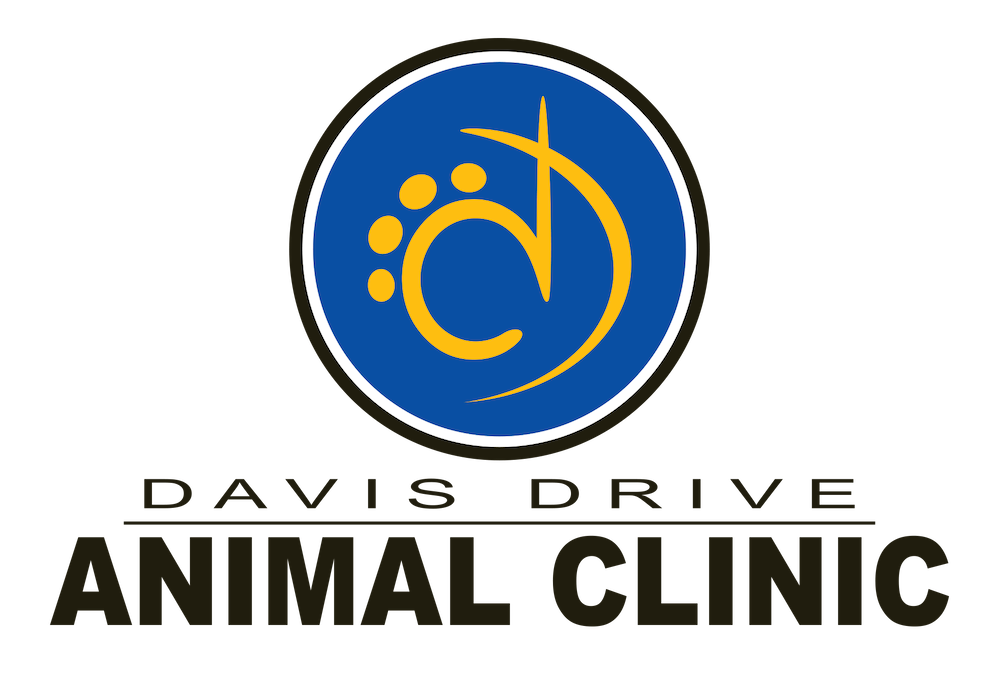Library
-
This handout provides a brief overview of the most common evidence-based modalities used in veterinary medicine. Pet owners need to discuss the risk of recommended modalities for their specific pet with a trained and certified rehabilitation therapist before starting a rehabilitation program.
-
Reproductive disease in ferrets is rare today, as most pet ferrets are spayed or neutered at a young age. One disease that is still occasionally seen in pet ferrets occurs in females that are not spayed. This is called hyperestrogenemia and is a result of persistently high blood levels of estrogen in unspayed females that are not bred or fails to ovulate.
-
Abdominal swelling in any reptile is always a concern that needs to be brought to the attention of a veterinarian well versed in reptile medicine. In female reptiles, this swelling often means that the individual has eggs or fetus that are ready to be delivered. When the female cannot deliver the eggs or babies, this is referred to as dystocia. This condition can be life threatening and need attention ASAP.
-
Swellings on or around the joints in reptiles can be an indication of uric acid deposits in the area. This condition is referred to as gout. Gout is often painful and may also affect internal organs. Treatment will require medications and sometimes surgery.
-
Respiratory disease is common in birds and can be caused by infection with bacteria, fungus, or parasites; by exposure to aerosolized toxins or environmental irritants; or by pressure on the respiratory tract from enlarged organs or tumors. Birds can have varying signs, such as coughing, sneezing, ocular or nasal discharge, or difficulty breathing. Any bird showing respiratory tract signs should be examined and tested by a veterinarian as soon as possible. Over-the-counter medications from pet stores are not recommended for treating sick birds.
-
Respiratory disease in ferrets is common. Several infectious/contagious conditions like distemper and influenza can be life threatening for ferrets. Like dogs and cats, ferrets can develop heartworm disease, even indoors. Lymphoma, a cancerous condition of lymph organs can cause disease in the chest cavity.
-
Cryptorchidism is the failure of one or both testicles to descend into the scrotum. Some purebred cats are more at risk, but it can affect any cat and is believed to be an inherited trait. Diagnosis can usually be made by palpation but sometimes requires blood testing or abdominal ultrasound if the cat’s history is unknown. Risks of retained testicles include testicular cancer, spermatic cord torsion, and the development of undesirable male characteristics, so neutering is strongly recommended. Surgery is generally routine, and recovery is similar to any abdominal surgery.
-
Cryptorchidism is the failure of one or both testicles to descend into the scrotum. Toy breeds may be more at risk, but it can affect any breed of dog and is believed to be an inherited trait. Diagnosis can usually be made by palpation but sometimes requires blood testing or an abdominal ultrasound if the dog’s history is unknown. Risks of retained testicles include testicular cancer, spermatic cord torsion, and the development of undesirable male characteristics, so neutering is strongly recommended. Surgery is generally routine, and recovery is similar to any abdominal surgery.
-
Retinal detachment can cause sudden blindness or vision changes. It is generally secondary to an underlying condition like high blood pressure. Diagnostics and treatment are discussed. Prognosis is guarded to good depending on the underlying cause.
-
Are Booster Vaccines Necessary for Dogs?
La primovacunación (en el cachorro) es imprescindible para que algunas enfermedades muy peligrosas que hasta hace poco eran habituales no aparezcan de nuevo.Sin embargo, hay algunas vacunas que quizá no sean esenciales.




